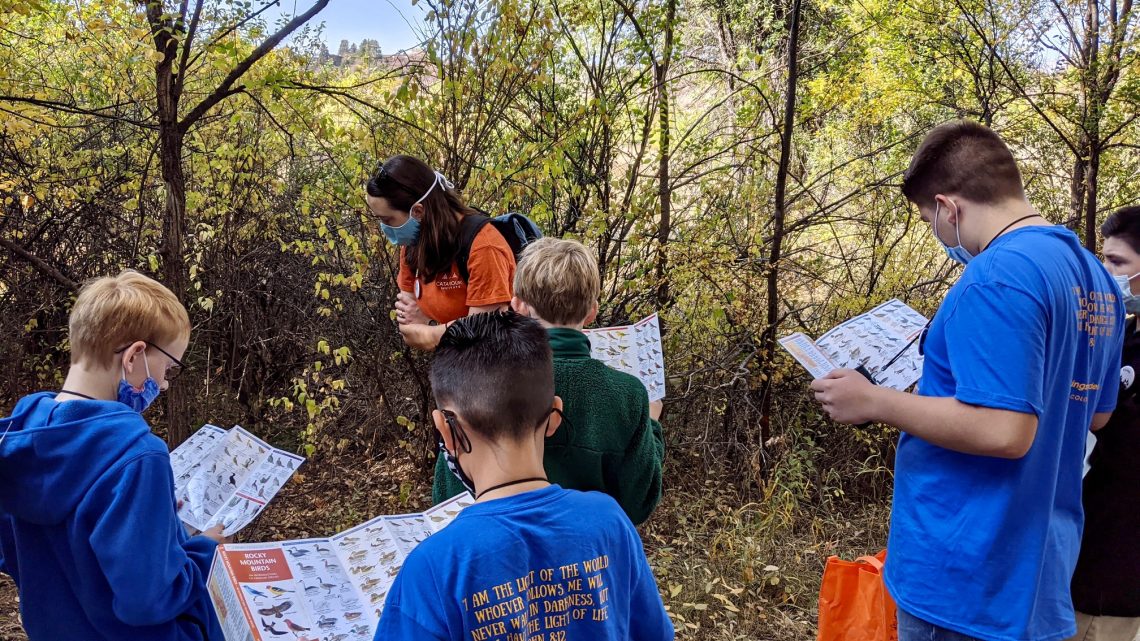To say that things have been challenging for PK-12 educators in the Mid-America Union Conference this past year is an understatement.
Education overall in the United States faced a crisis again with the looming threat of the coronavirus pandemic forcing schools across the country to develop new strategies for education, provide training for school staff and students in cybersecurity/online learning strategies and install monitoring/filtering software on school-issued devices. Additionally, many students were not able to fully participate in their school’s education program due to limitations of devices and/or internet access.
Looking back
Throughout the school year, teachers continued to brainstorm strategies for keeping students connected and engaged. Students and teachers need to connect countless times throughout the day whether for class discussions, teacher-student conferencing, or just chatting about upcoming projects or events. Remote learning can be frustrating given the many interruptions and distractions of “doing the business of school” virtually while in the home environment.
Student engagement—both academically and emotionally—fast became a concern. The COVID-19 pandemic significantly affected the mental health of many students. Throughout the United States, depression, anxiety, and suicidal thought rates significantly increased within youth. The Census Bureau’s Household Pulse Survey found that 56% of young adults reported feeling symptoms of anxiety or depression and 26% experienced suicidal thoughts at some point during the past year. *
“Since the pandemic started, it has been hard for me to stay positive,” an anonymous student from Campion Academy in Colorado reflected. “Before COVID, I had struggled with anxiety already and the pandemic only added to the problem. I have struggled with social anxiety the most since I haven’t been able to interact with others regularly. However, God has been the main frame of happiness in my life, and I have learned how much I need to lean on him in difficult times.”
Our administrators and teachers have worked hard to meet the academic and emotional needs of their students, while at the same time following COVID-19 safety protocols. They have continued to work together to meet our high standards of Adventist Education during these many months as the COVID-19 virus is being dealt with and managed. Surf any of our schools’ Facebook pages to see the creative ways God shone through the actions of our students and teachers.
Even though we had to add virtual education, our educators met the challenges and worked with their students to not only provide a good education but to also show Jesus to their students. This pandemic brought us closer in our relationship with each other and with our God.
Looking forward
There are many priorities facing school administrators as we plan for the next school year. As you know, the mental health of our students and the staff must be at the top of the list because until they feel safe at school, physically, socially, and emotionally it will be more difficult to close learning gaps or address other academic concerns.
I just want to say thank you to all our administrators, teachers, and support staff. You all have made this year a success, and not just academically. By adjusting your school’s “normalcy,” you have been able to model Jesus to the young people in your school and to all our young people in the Mid-America Union Conference.
We can only hope that the future will bring a safe return to a normal transformation of what we miss when we were in-person, face to face, without having to have a masked environment. We actively solicit your prayers for the educators and administrators across the Mid-America Union Conference.
Gerard Ban is associate director of education for the Mid-America Union Conference.
**Panchal, N., Kamal, R., Cox, C., & Garfield, R. (2021). The Implications of COVID-19 for Mental Health and Substance Use. Kaiser Family Foundation. Retrieved from https://www.kff.org/








